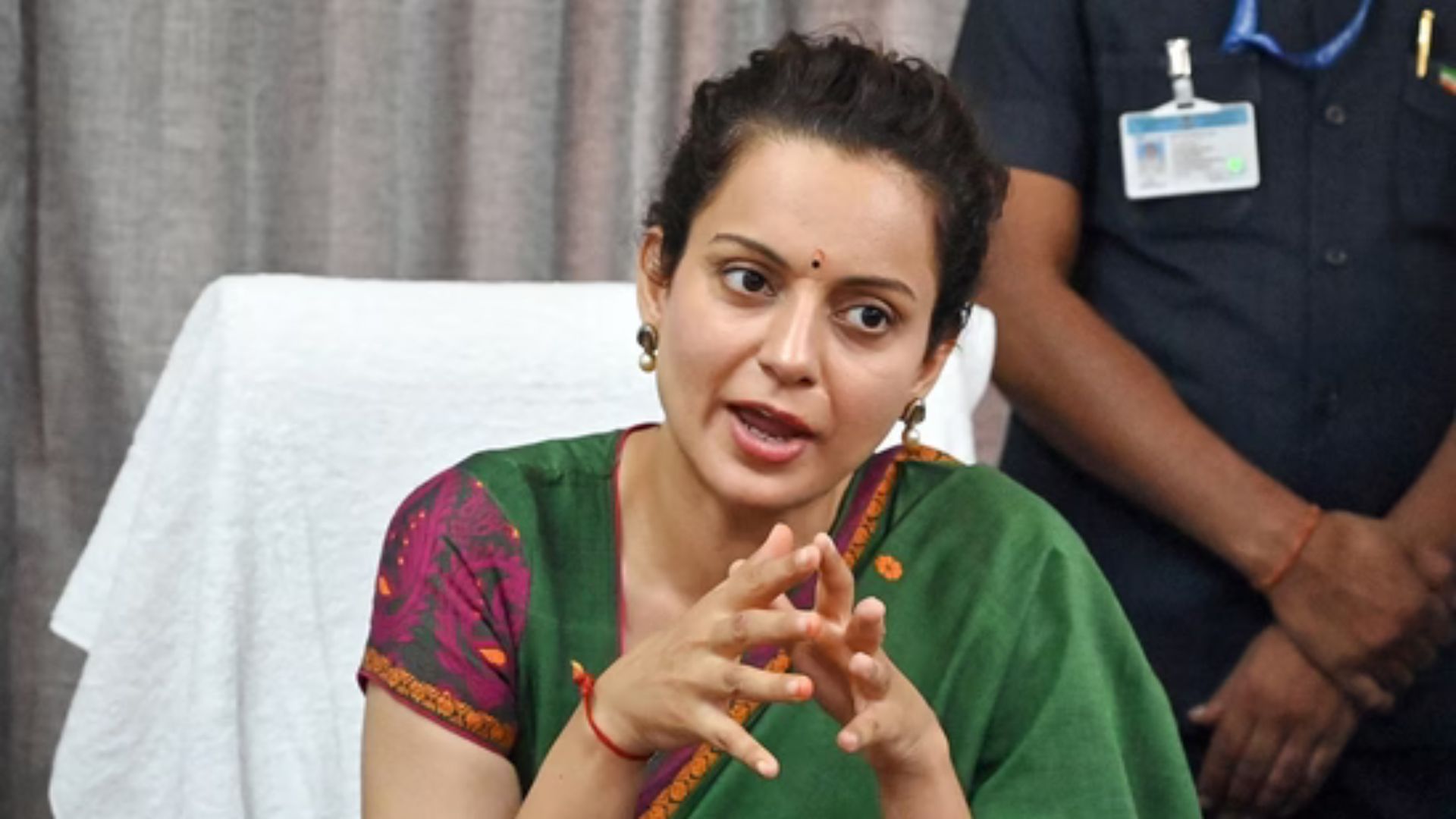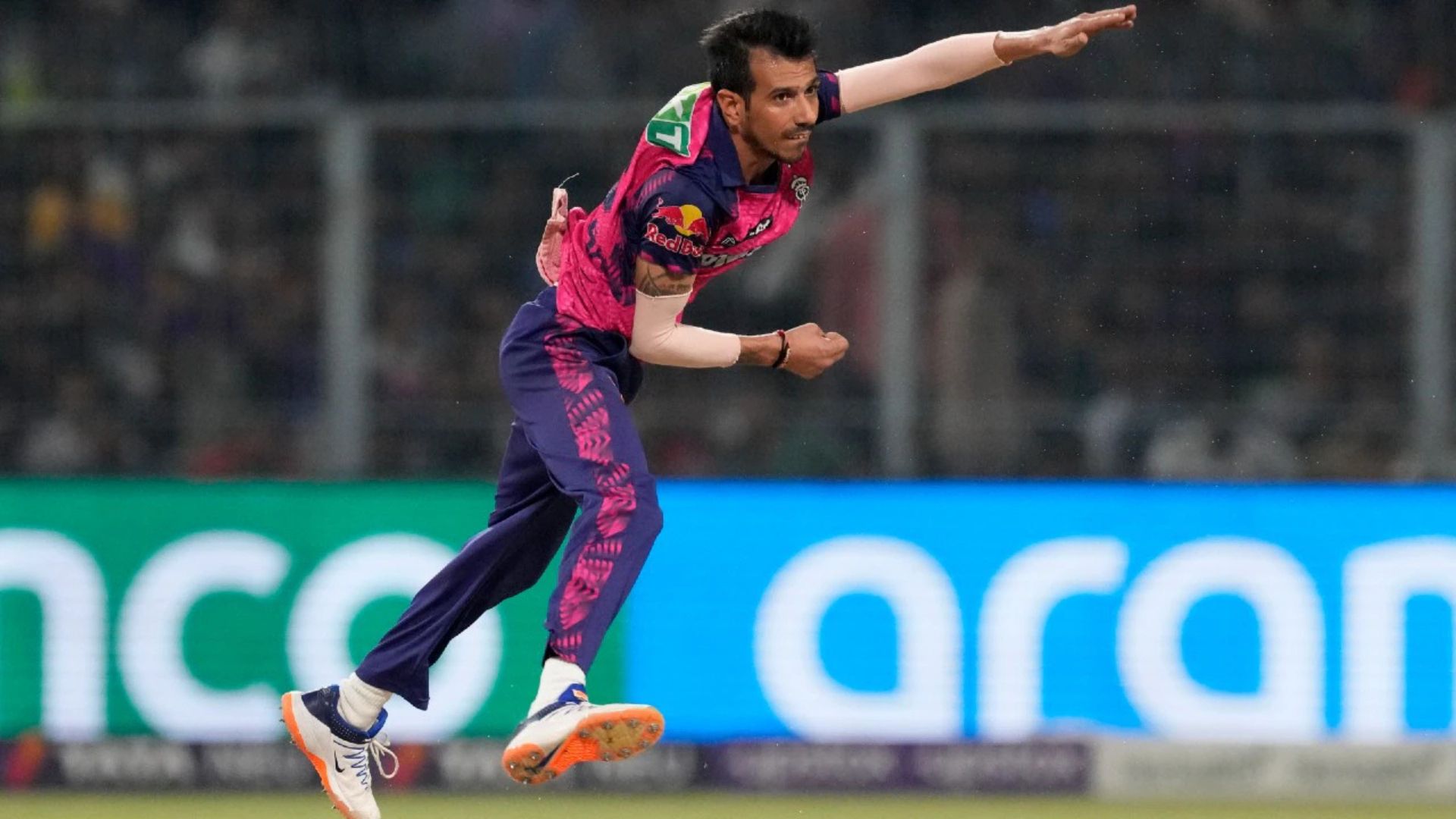
Advanced Eye Centre PGIMER Chandigarh has seen more than 50,000 cases of Glaucoma from North India. “For patients as young as a premature baby of just 14 hours to patients as old as 80 plus, Glaucoma is detected, operated, and controlled. As Glaucoma can not be reversed or cured its better to control it”, says Prof Dr Sushmita Kaushik, Glaucoma eye surgeon, PGIMER.
“Early recognition and treatment are at most important to prevent the progression of glaucoma. Glaucoma more commonly affects people beyond the age of 40 years. High myopes, diabetics, and those with a positive family history have a higher risk of developing glaucoma,” added Dr. Surinder S. Pandav, Head, Deptt. of Ophthalmology, PGIMER.
Currently, our country bears a huge chunk of patients, PGIMER plans a chain of activities to commemorate World Glaucoma Week, from March 6 -12, 2022. The main aim is to bring public focus on glaucoma, which affects all kinds of populations. In an order to create more understanding and knowledge on Glaucoma, which is seen as the leading cause of irreversible blindness in India.
Detailing about the upcoming awareness activities, Dr. Pandav stated, “Glaucoma is an entity associated with many risk factors of which the modifiable factor is an increase in eye pressure, and is characterized by damage to the optic nerve leading to irreversible blindness. Most often glaucoma causes silent vision loss as the patient will not be symptomatic till the moderate to an advanced stage.”
Every 8th individual or nearly 40 million has either glaucoma or is at risk of developing the disease. 11.2 million Indians suffer from the disease with 1.1 million blind, including children. Screening family members of patients with glaucoma is mandatory, as this disease can affect siblings and children of patients with glaucoma in up to 10-15% of cases.
Advanced Eye Centre PGIMER being a tertiary center, is regularly organizing various CMEs for general ophthalmologists from the Northern part of the country providing knowledge, skill, and motivation to them. During the Covid-19 time, we also conducted more than 15 webinars for general ophthalmologists and students from various parts of the country.















